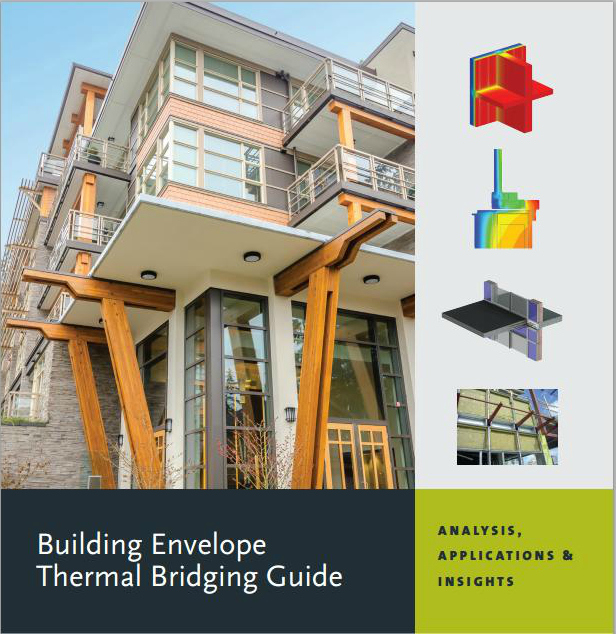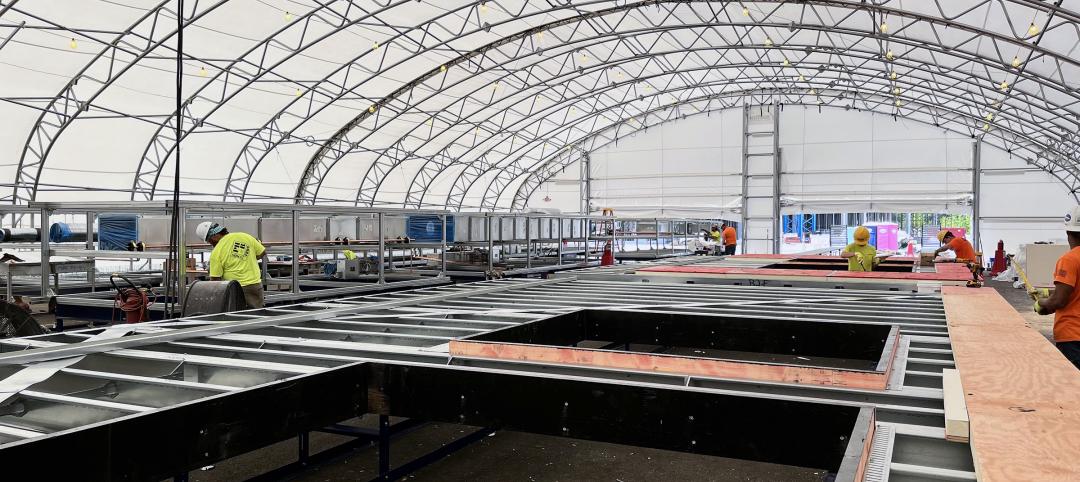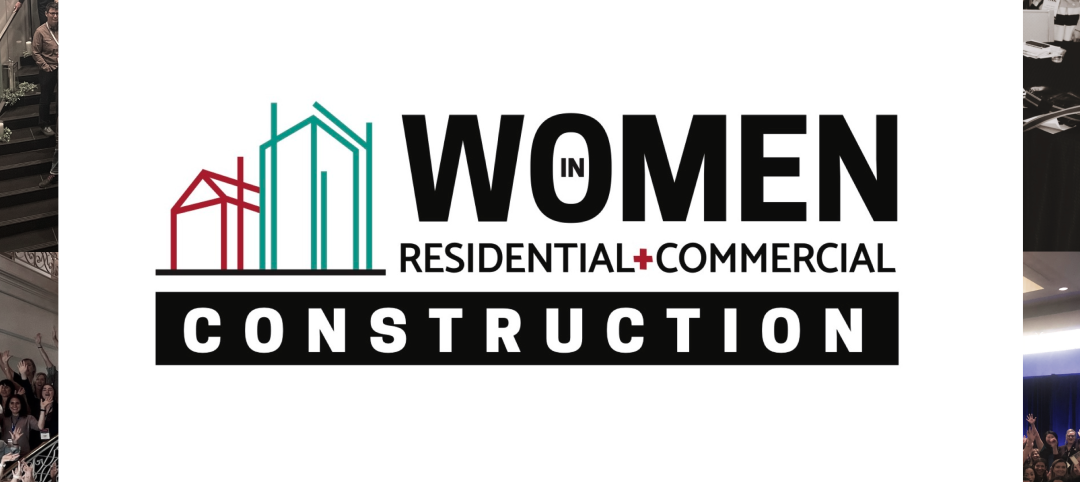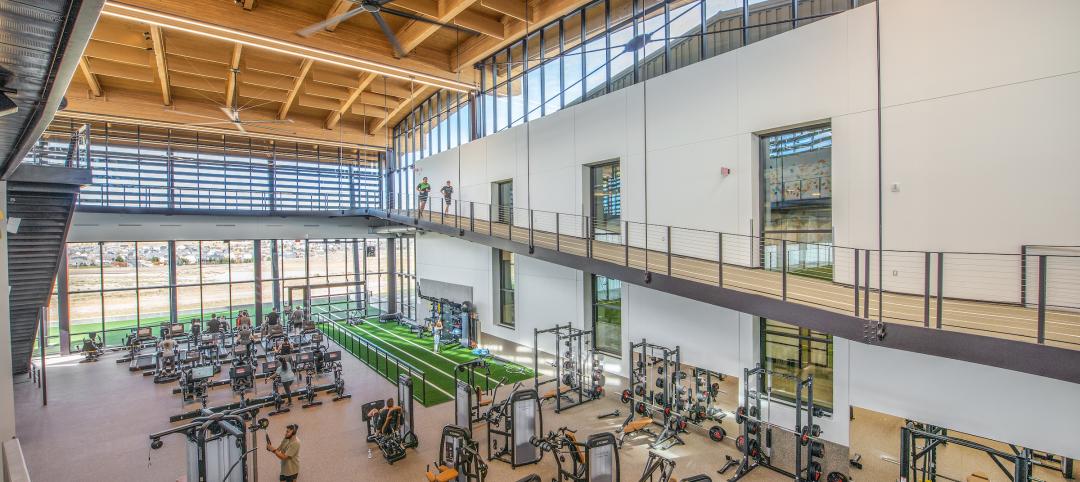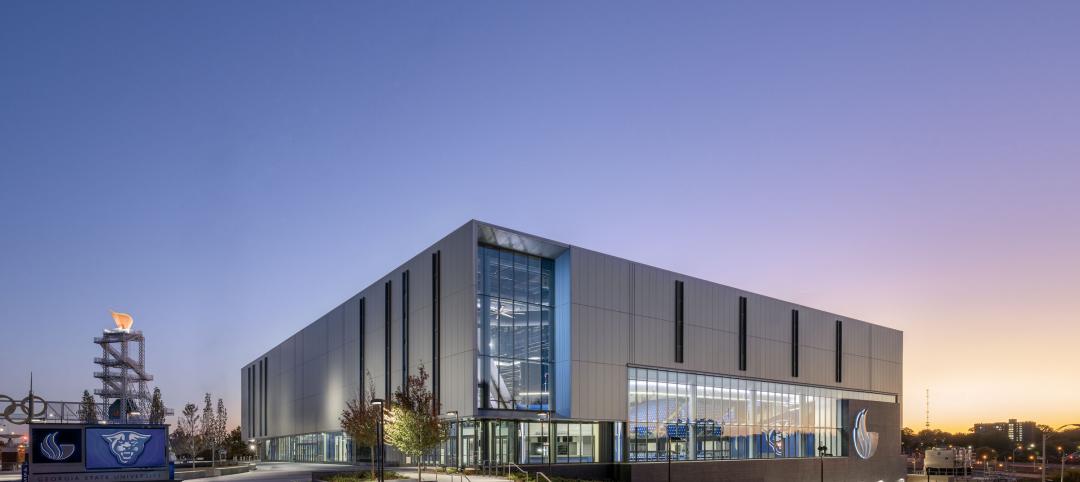Morrison Hershfield has announced that the Building Envelope Thermal Bridging Guide – Analysis, Applications, and Insights is now public and can be downloaded from BC Hydro. The guide aims to overcome obstacles confronting the industry with respect to mitigating thermal bridging to reduce energy consumption in buildings.
The guide was developed by Morrison Hershfield in collaboration with co-sponsors and industry partners. Co-sponsors include BC Hydro Power Smart, Canadian Wood Council, Fortis BC, FPInnovations, and Homeowner Protection Office. Industry partners helped extend the scope of the guide to include many additional details.
The principle goal of these collaborating organizations is to promote energy-efficiency in buildings by increasing awareness of the impact of and methods to mitigate thermal bridging. To meet these goals, the guide addresses a number of obstacles currently confronting our industry by:
-
Cataloging the thermal performance of common building envelope assemblies and interface details.
-
Providing data-driven guidance that will make it easier for the industry to comprehensively consider thermal bridging in building codes and bylaws, design, and whole building energy simulations.
-
Examining the costs associated with improving the thermal performance of opaque building envelope assemblies and interface details, and forecasting the energy impact for several building types and climates.
-
Evaluating the cost effectiveness of improving the building envelope through more thermally efficient assemblies, interface details, and varying insulation levels.
-
The guide, which is broken into three main sections for ease of use, contains helpful information for technical committees for energy standards, regulators, utilities, architects, mechanical designers, building envelope consultants, energy modellers, developers, manufacturers and trade organizations.
The guide outlines how to effectively account for thermal bridging and is backed up by an extensive catalogue of thermal performance data. This information is essential for practitioners evaluating building envelope thermal performance.
Researchers and regulators will be interested in the sections focused on market transformation, which includes an evaluation of cost effectiveness and energy savings in common large building types.
Related Stories
Project + Process Innovation | Mar 22, 2023
Onsite prefabrication for healthcare construction: It's more than a process, it's a partnership
Prefabrication can help project teams navigate an uncertain market. GBBN's Mickey LeRoy, AIA, ACHA, LEED AP, explains the difference between onsite and offsite prefabrication methods for healthcare construction projects.
Women in Design+Construction | Mar 21, 2023
Two leading women in construction events unite in 2023
The new Women in Residential + Commercial Construction Conference (WIR+CC) will take place in Nashville, Tenn., October 25-27, 2023. Combining these two long-standing events aligns with our mission to create an event most impactful for women in the $1.4 trillion U.S. commercial and residential design and construction industry.
Mass Timber | Mar 19, 2023
A 100% mass timber construction project is under way in North Carolina
An office building 100% made from mass timber has started construction within the Live Oak Bank campus in Wilmington, N.C. The 67,000-sf structure, a joint building venture between the GCs Swinerton and Wilmington-headquartered Monteith Construction, is scheduled for completion in early 2024.
Sports and Recreational Facilities | Mar 17, 2023
Aurora, Colo., recreation center features city’s first indoor field house, unobstructed views of the Rocky Mountains
In January, design firm Populous and the City of Aurora, Colo. marked the opening of the Southeast Aurora Recreation Center and Fieldhouse. The 77,000-sf facility draws design inspiration from the nearby Rocky Mountains. With natural Douglas Fir structure and decking, the building aims to mimic the geography of a canyon.
Architects | Mar 16, 2023
HKS launches partner diversity program to create a more diverse workforce and partnership network
Design firm HKS has launched a new partner diversity program that will work to build a more diverse AEC ecosystem. The HKS xBE program will give xBE firms (a term encompassing all disadvantaged businesses) and their members “access to opportunities to build relationships, pursue new work, and bolster innovation within the architecture and design professions,” according to HKS.
Sustainability | Mar 16, 2023
Lack of standards for carbon accounting hamper emissions reduction
A lack of universally accepted standards for collecting, managing, and storing greenhouse gas emissions data (i.e., carbon accounting) is holding back carbon reduction efforts, according to an essay published by the Rocky Mountain Institute.
Sports and Recreational Facilities | Mar 15, 2023
Georgia State University Convocation Center revitalizes long-neglected Atlanta neighborhood
Georgia State University’s new Convocation Center doubles the arena it replaces and is expected to give a shot in the arm to a long-neglected Atlanta neighborhood. The new 200,000 sf multi-use venue in the Summerhill area of Atlanta is the new home for the university’s men’s and women’s basketball teams and will also be used for large-scale academic and community events.
Sponsored | Cladding and Facade Systems | Mar 15, 2023
Metal cladding trends and innovations
Metal cladding is on a growth trajectory globally. This is reflected in rising demand for rainscreen cladding and architectural metal coatings. This course covers the latest trends and innovations in the metal cladding market.
Education Facilities | Mar 15, 2023
DLR Group’s Campus Planning Studio defines new leadership
Linsey Graff named Campus Planning Leader. Krisan Osterby transitions to Senior Planner.
Building Tech | Mar 14, 2023
Reaping the benefits of offsite construction, with ICC's Ryan Colker
Ryan Colker, VP of Innovation at the International Code Council, discusses how municipal regulations and inspections are keeping up with the expansion of off-site manufacturing for commercial construction. Colker speaks with BD+C's John Caulfield.


